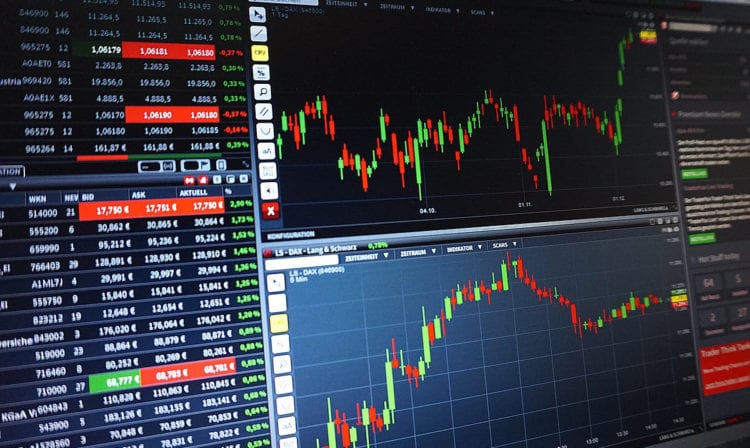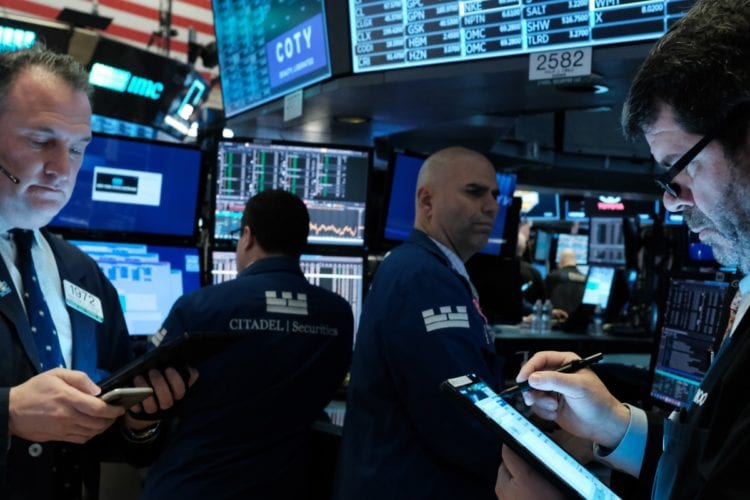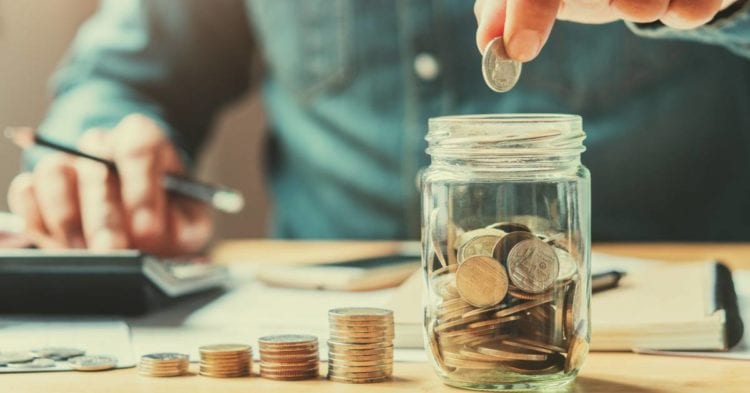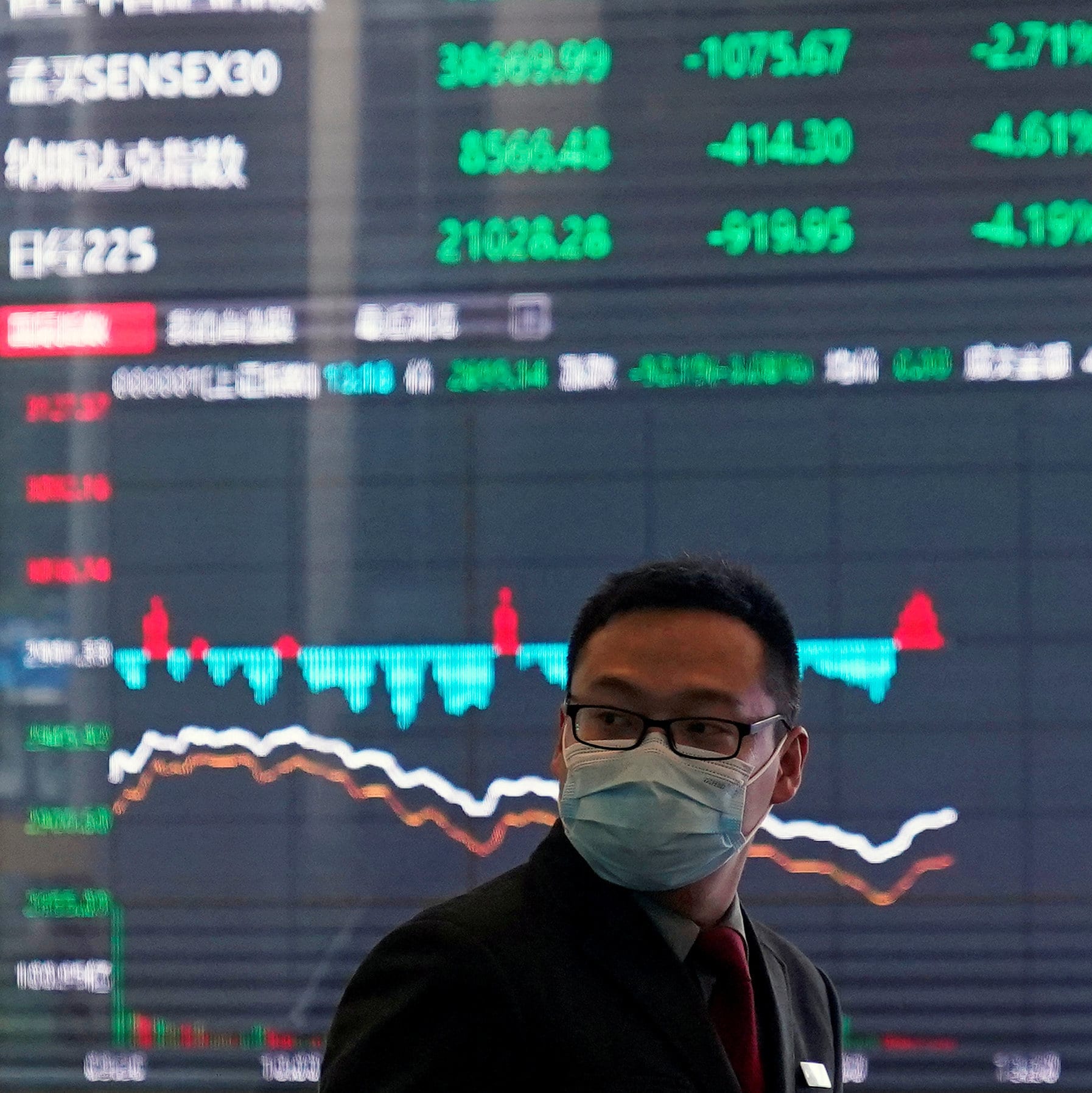The Coronavirus epidemic the world is experiencing these days, is changing our daily routine and the goals we had for 2024. it’s increasingly important to realize that we, as millennials, need to work harder to secure our financial future. We’re facing big financial challenges – stagnant wages, large amounts of debt, the threat of automation, not to mention all those retiring Baby Boomers whose retirements we must pay for…
Many people are working from home these days. We need to adopt a new mindset, a mindset of saving more money and investing it, to prepare our future life beyond the workforce. The most important aspect is therefore to start learning how to trade, to be able to make profits in the financial markets and build our wealth.

One of the most important things to think about is the investing style to adopt: long-term trading or Day Trading, which should reflect your trader personality profile? Do you want to focus on short-term price movements with day trading, or would you prefer to take advantage of more significant trends with long term investing? So, what can we do to achieve better financial security?
These questions are essential to answering the question of what kind of trader you are, and what trading method suits you best
As a day trader, your goal is to capture any price movements within a single trading day. Typical trade holding times can be from a few minutes up to a few hours. Before the trading day finishes, you should have closed out all positions, so you won’t have any open trading positions overnight. To get more information on how to start trading click here.
One of the most significant advantages of day trading is being able to completely unplug from the market once you’re done with the trading day. As no position is held during the night, you won’t have to bear the risk of something happening in the world impacting your portfolio while you’re sleeping, like the Coronavirus Epidemic or any other natural or geopolitical disaster.

It’s important to mention that long-term trading is less stressful and energy consuming than day trading, you won’t have to face such strong emotions and feelings as with day trading. Day traders face intense emotions such as fear, greed, boredom, panic and euphoria on a daily basis, making it emotionally exhausting. Emotional control for day traders is critical – you need to control your emotions while trading to be sure your decision making process isn’t influenced by emotional and cognitive biases.
In the end, it all comes down to your personality, your risk-aversion, your financial goals and your availability
Day trading or long-term trading? Both trading methods have their own characteristics, advantages and disadvantages. The most important thing is to pick one that fits you best.
Consider day trading if:
- You want to make quick profits
- You are highly resistant to stress and emotions
- You’re available to spend time analyzing and trading the markets
- You prefer not to hold any positions overnight
Consider long-term investing if:
- You do not want to spend a lot of time trading the markets
- You prefer to analyze the markets in advance to take advantage of trends
- You cannot bear stressful activities
- You want to invest in traditional, not leveraged financial products
Start small, but start as soon as possible
One of the most important ingredients to making your money grow is to start as early as possible. After all, the more time you have, the more money you will be able to accumulate and invest – the more you can put the magic of “compound interest” to work. While returns cannot be guaranteed, the effects of compounding returns over the years is quite impressive.
Start saving money as soon as possible, learn how the markets work, invest and make your savings grow. To get started saving money, create a savings account and set up an automatic deposit, that way you’re saving money without even thinking about it.

Have realistic financial goals
It’s important to have realistic goals to achieve success in anything. Having goals also helps you stay motivated, disciplined and focused on what’s important. It can sometimes be hard not to get overly optimistic or carried away, especially when learning about the possibilities of making money with trading. Your goal shouldn’t be to get very rich very quickly, as it will push you to take more risks on the markets, thus you’ll be more likely to lose money.
Your goals should be achievable and specific. Think about the SMART method to structure your goals and manage them better (Specific, Measurable, Attainable, Relevant and Timely).
Keep in mind that as your life changes, your investments should change too. As you get older and your responsibilities increase, your investments should become more conservative.
One good way (from CNN Money) to determine your optimal asset allocation % for stocks, a naturally riskier product, is to subtract your age from 110. For example, let’s say that you’re 30 years old – then 80% (110 – 30 = 80) of your portfolio should be in stocks, with the remaining 20% in more conservative investments, such as bonds or real estate.
Once the Coronavirus is over (hopefully soon!) It feels like we’re just about to start our lives all over again – we’ll have to become financially independent, and we’re looking to create wealth for the future, so we’ll be able to recover from the market downturns.
Bear in mind that that any type of trading style requires discipline, patience, dedication and commitment. To get positive returns over time, you also need to be sure you have a good understanding of how the markets work. Don’t wait any longer to start saving and most importantly start investing to make your money grow. It’s essential to think about short-term as well as long-term financial goals, so then you can adapt your behavior and financial habits to both types of goals.

